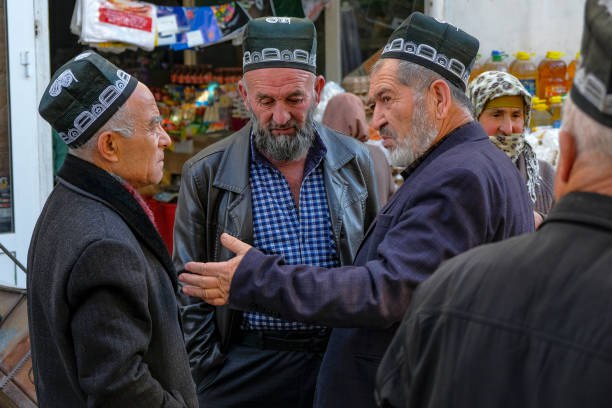Former Kyrgyz Prime Minister Proposes Special Status for Citizens in Russia
At the St. Petersburg International Economic Forum (SPIEF-2025), Temir Sariyev, head of the Kyrgyz Chamber of Commerce and Industry and former prime minister, proposed granting Kyrgyz citizens a special status in Russia. The statement sparked mixed reactions in both Moscow and Bishkek. Speaking at the Kyrgyzstan-Russia business dialogue, Sariyev, who was involved in Kyrgyzstan’s accession negotiations to the Eurasian Economic Union (EAEU), highlighted Bishkek’s consistent political and economic support for Moscow. He drew on historical ties, citing Kyrgyz support during the Great Patriotic War. “If we recall the Great Patriotic War, it was the 28 Panfilov Guardsmen who defended Moscow. It was a turning point. When the special military operation began, the first to extend a helping hand, without fear, was the Kyrgyz Republic,” Sariyev said, referring to the Russian invasion of Ukraine. He proposed exploring the possibility of granting Kyrgyz migrants in Russia a special status, citing longstanding bilateral ties. However, the initiative met resistance in the Russian State Duma. Konstantin Zatulin, First Deputy Chairman of the Duma Committee on CIS Affairs, dismissed the proposal, noting that Kyrgyz citizens already enjoy considerable privileges under the EAEU framework, such as visa-free entry, the right to work without a permit, and exemption from patent requirements. “What additional special status could we be talking about? It is impractical. Kyrgyzstan is already in a more advantageous position than other Central Asian countries that are not members of the Union,” Zatulin said. Pushback also came from within Kyrgyzstan. Deputy Prime Minister Edil Baisalov criticized both Sariyev's proposal and the broader outcomes of Kyrgyzstan's EAEU membership. In a post on X, Baisalov wrote: “Of course, our people have a special status, but not because of their participation in the 1941-1945 war. Special status should come from real membership in the EAEU, which hastily accepted us without sufficient guarantees. In reality, there is neither equal access to the labor market nor full access to our goods.” He urged Kyrgyz authorities not to appeal to “pity” or “sympathy,” but instead to demand the full implementation of EAEU commitments. As of now, Sariyev’s proposal has not been officially introduced. Analysts suggest that amid Russia’s sensitive migration and geopolitical climate, the initiative is unlikely to gain traction in the near term.






